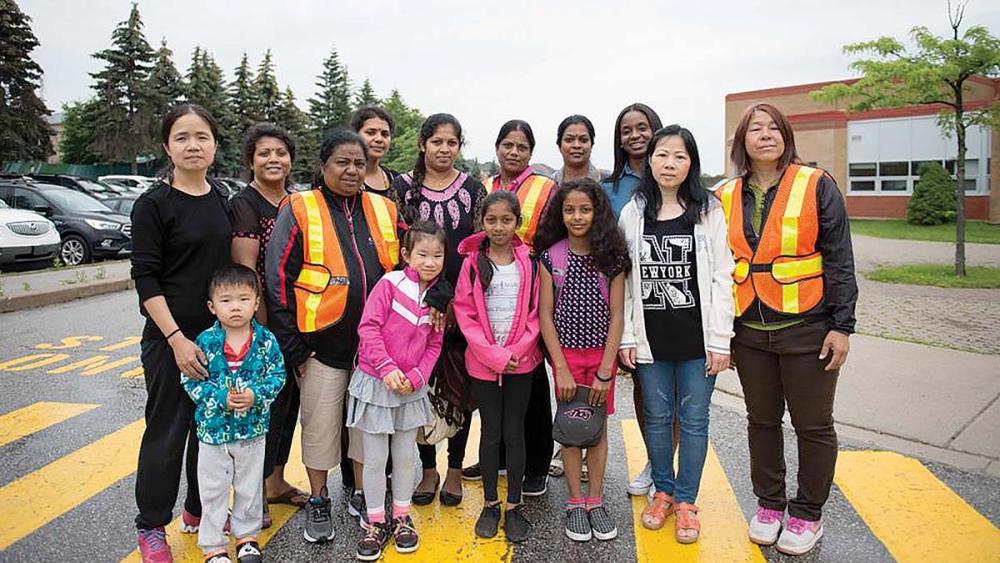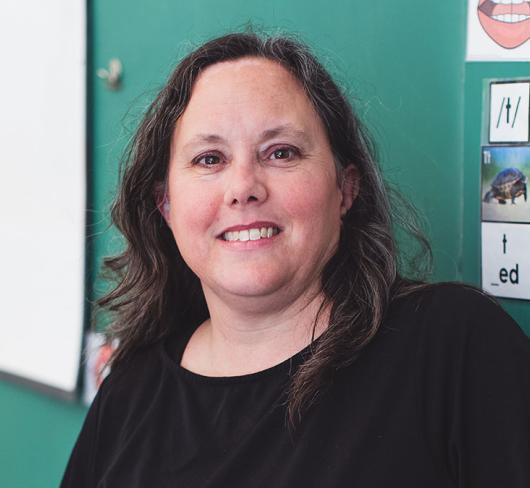
Possibilities: Addressing Poverty in Elementary Schools
ETFO podcast Elementary: A Podcast from the Elementary Teachers’ Federation of Ontario addresses issues of importance for ETFO members. Many teachers and education workers are faced with issues of poverty in their classrooms. A recently revised ETFO resource called Possibilities: Addressing Poverty in Elementary Schools shares some ways ETFO members work to mitigate the effects of poverty on students and their families. Charmaine is a co-writer on both editions of Possibilities and has an extensive background in teaching, curriculum instruction, equity and inclusion.
The interview below has been edited and condensed. To hear the full interview, find Elementary on most podcast apps.
Can you talk to me a bit about what brought you to the Possibilities project?
Researchers out of Brock University, who had already been doing some work around poverty, really wanted to bridge research and practice. They brought the research to a group of schools and developed best practices. ETFO developed a workshop around issues of poverty, where teachers would come together and have conversations about how to support students who deal with issues of poverty, and their families and communities.
What was the impetus behind doing it as a book?
The decision was made to develop a resource that could be used across the province, taking examples from the best practices we had seen, heard about and experienced and putting them together in a resource that was very teacher- and school-focused.
Can you talk about how Possibilities can be used?
One of the key foci of the book was staff development – being able to have open, honest, meaningful conversations about issues of poverty. So, within the resource there is a section that looks at professional development, talking about the language that we use. It really starts with creating safe spaces and brave spaces for staff to be able to have an honest dialogue about where they see, hear and experience poverty in their own lives and in those of the students they teach.
One of the conversations we have is around school lunches and how some families are able to participate and some families are not able to participate, or families having to make the choice, “If I use this last $5 so my child can have pizza lunch this week, they will feel like they’re part of the school experience. But by giving them that $5, I'm not going to be able to pay all the rent this month, or the phone bill or the internet bill.”
And as we workshopped this, many teachers shared their own experiences. And many got really emotional, because they hadn't thought about it for a long time, because it may have been something they experienced when they were children.
If you were asked to name one thing ETFO members can do to effectively mitigate poverty in the classroom, what would you advise?
Our work is not about eradicating poverty; we can’t as educators mitigate those pieces. What we can do is consider what we’re doing in the spaces we do have control over and how we can ensure we are creating spaces where learners feel comfortable and families feel valued and honored for who they are and not what they have. If we’re thinking of the person from an asset-based lens, then how we act. interact and react is going to come from that space.
Meagan Perry is a member of the ETFO executive staff.

